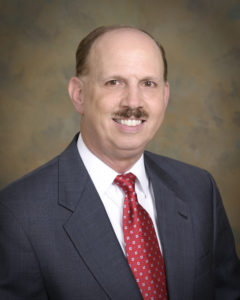Florida Surgeon Handed Seven Years in Prison for $28 Million Health Care Fraud Scheme

On November 18, 2021, a Tallahassee surgeon was sentenced to seven years in federal prison for committing health care fraud, conspiracy to commit health care fraud, and aggravated identity theft. The scheme involved performing hundreds of medically unnecessary, invasive surgical procedures on his patients.
The defendant, a dual citizen of the United States and Ghana, pled guilty to all 58 counts against him in federal court on December 18, 2020. Jason R. Cody, Acting United States Attorney for the Northern District of Florida, announced the sentence. Read more about the […]


 By George F. Indest III, J.D., M.P.A., LL.M., Board Certified by The Florida Bar in Health Law
By George F. Indest III, J.D., M.P.A., LL.M., Board Certified by The Florida Bar in Health Law

 By George F. Indest III, J.D., M.P.A., LL.M., Board Certified by The Florida Bar in Health Law
By George F. Indest III, J.D., M.P.A., LL.M., Board Certified by The Florida Bar in Health Law By George F. Indest III, J.D., M.P.A., LL.M., is Board Certified by The Florida Bar in Health Law
By George F. Indest III, J.D., M.P.A., LL.M., is Board Certified by The Florida Bar in Health Law By George F. Indest III, J.D., M.P.A., LL.M., Board Certified by The Florida Bar in Health Law
By George F. Indest III, J.D., M.P.A., LL.M., Board Certified by The Florida Bar in Health Law